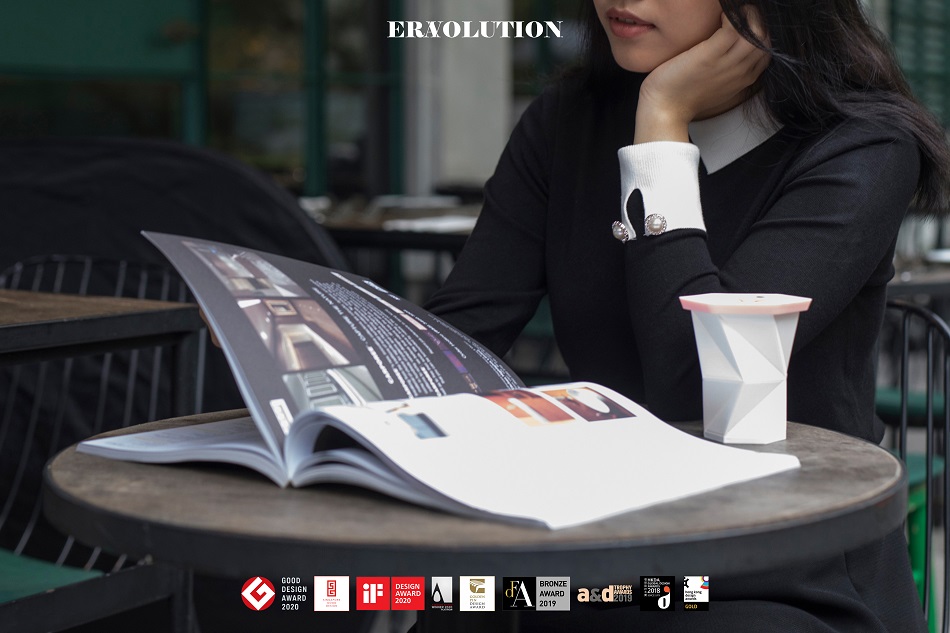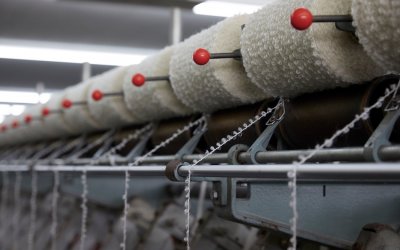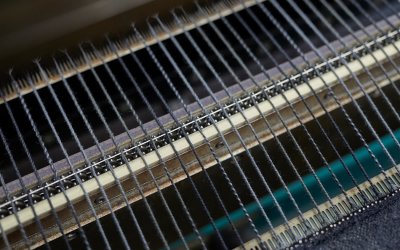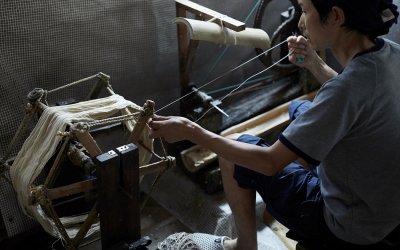Found MUJI Japanese Textiles
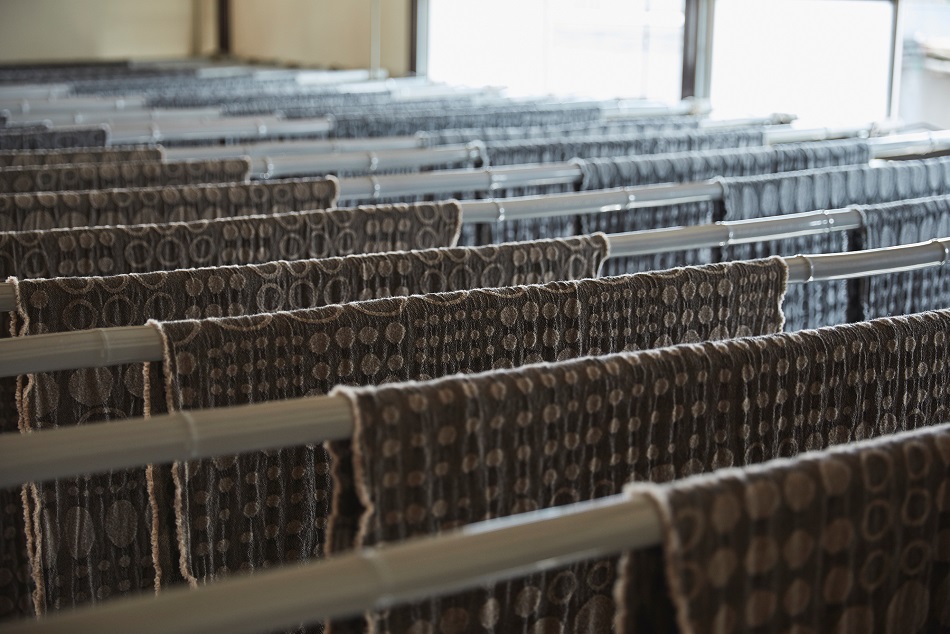
1 February 2019 (Friday) onwards
12:00nn – 8:00pm (Sunday – Thursday)
12:00nn – 9:00pm (Friday, Saturday & Public holiday eve)
TIME: 12:00nn – 8:00pm (Sunday – Thursday) 12:00nn – 9:00pm (Friday, Saturday & Public holiday eve) S107, Staunton
S107, Staunton
+852 3971 3138
Where did the patterns seen in contemporary Japan originally come from? It has been six years since we first travelled the country, looking at local fabrics and asking how each local textile pattern came to be.
The patterns seen on Jomon pottery, the oldest pottery in the world, are similarly fascinating. Although there are various theories as to why these world-renowned patterns are known as “Jomon” (literally, “rope-patterned”), we do know that our ancestors discovered some 16000 years ago that patterns could be created by rolling rope over clay. Just imagine how exciting this discovery must have been to the people of the time. In Jomon pottery, we see patterns made by pressing rope, nails, fingers, shells, wood, bamboo, and other objects into the clay. Created when two different objects come into contact, these patterns clearly show both form and material.
The same can be said of textiles. Adding pattern accentuates the materials and techniques used to make the fabric. These patterns feature colours firmly rooted in the local climate, the heart of the local community, and the qualities of the light and air of the land.
Found MUJI Japanese Textiles toured areas of textile production, established connections and interacted with locals in order to explore new ways of creation.
Know more about Found MUJI
Website: www.muji.com/hk-en / https://www.muji.com.hk/campaign/foundmuji_20140930/en/japanese_textile_2019.html
Facebook: www.facebook.com/muji.hongkong
Instagram: @muji_hongkong


